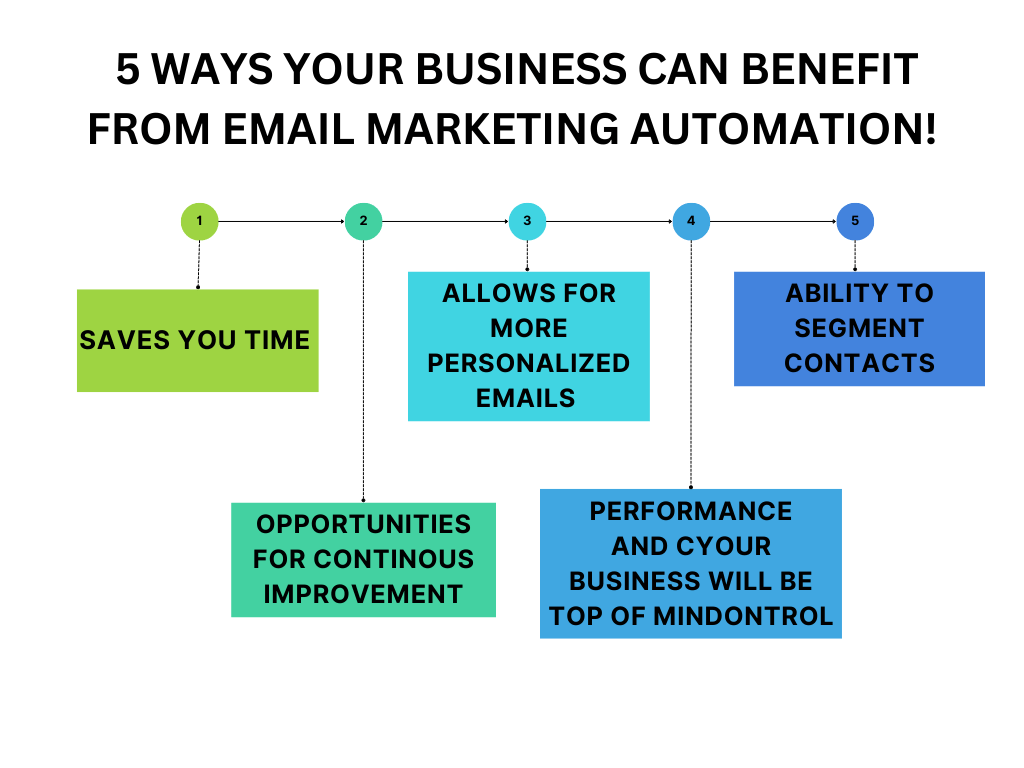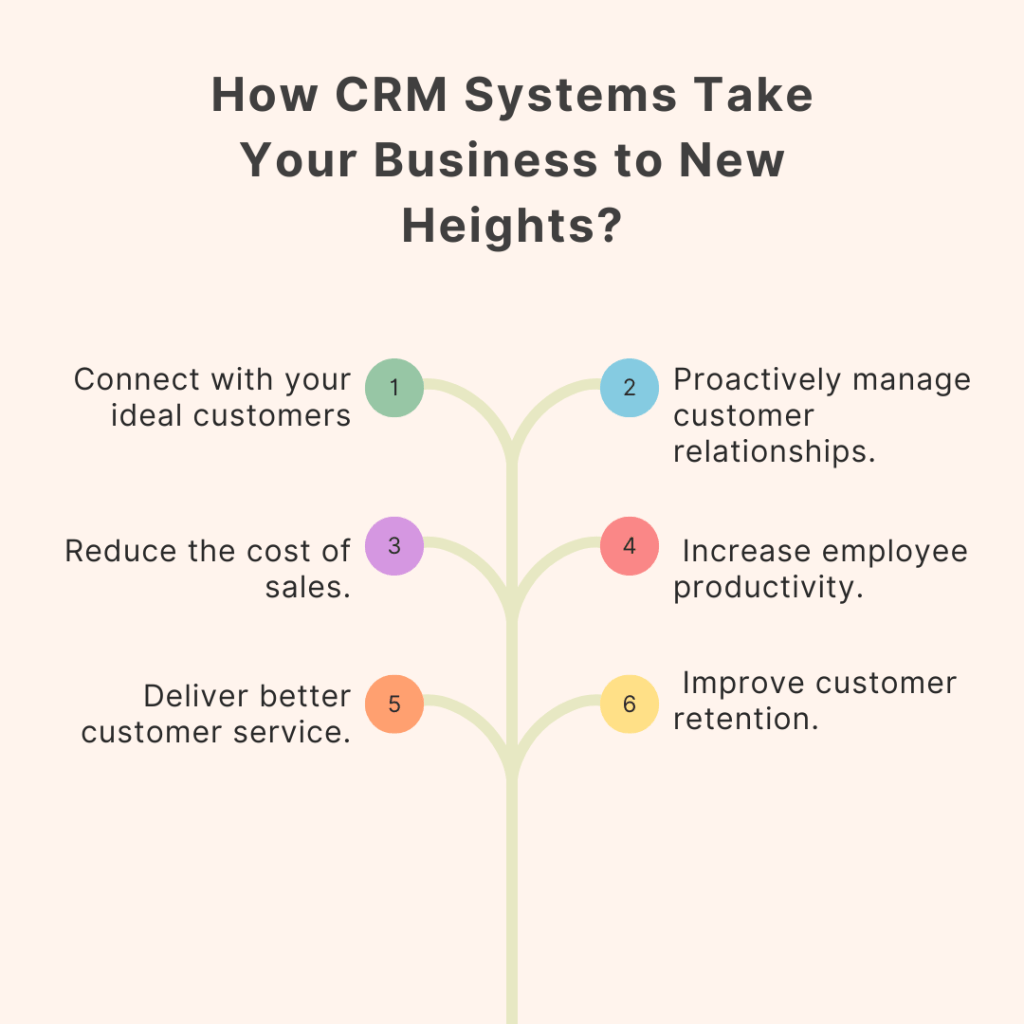There is no doubt that sales is the lifeblood of any business. If your startup doesn’t have sales, then it’s going to die sooner or later. This is because startups need to grow in order to survive and thrive in the market place – and without it, they will fail.
However, finding a way for them to increase startup sales is not an easy task as there are many challenges that they have to overcome before achieving this aim.
Why is sales hard for startups to grow? Why do you need a CRM to boost your startup sales? What is the best CRM for startup business? Let’s find the answer.
Why is Sales Hard for Startups to Grow?
Sales is hard for startups to grow because of the following reasons:
- The brand doesn’t have the necessary reach for customers to know about them.
- There are not enough resources or money in place to execute a successful marketing strategy.
It faces a lot of challenges in terms of growth, especially when it comes to marketing and sales.
Startups face many challenges in terms of growth, especially when it comes to marketing and sales. While there are a lot of things that can be done to increase startup sales, the most important thing is to focus on both aspects at once.
Marketing is about building brand awareness and getting your message out there; Sales is about converting leads into customers by bringing them on board with your product or service offering.
This means you need an effective combination of both strategies if you want your company’s growth rate to increase drastically over time!
First, the Brand Doesn’t Have the Necessary Reach for Customers to Know About Them.
It’s important to note that while a brand can be created with a well-designed website and social media presence, this alone is not enough to convince customers to buy your product. You need to show them the benefits of buying your product rather than just telling them about it.
Second, There is No Proven Track Record to Trust.
Another reason that startups have a hard time selling is because they don’t understand the importance of trust. The foundation of all relationships is built on the premise that you can trust someone or something with your life and their actions will be worth it in return.
In sales, this is known as “trusting your gut,” or simply trusting your instincts when making a decision. I’ve all heard stories about entrepreneurs who gave away their companies for free or spent thousands of dollars on red flags—how did they end up losing so much money?
Because they trusted the wrong people!
When it comes to building trust with customers (or investors), there are two main types: active and passive trust.
Active Trust involves creating an atmosphere where people feel comfortable enough to share information without fearing judgement. Passive Trust involves having enough experience with someone so that you know how they think before asking them anything specific (this type can also be referred as “knowing what makes sense”).
Both forms require time & effort but once achieved will pay dividends for years after initial investment has been made into building relationships based on mutual respect & understanding between parties involved in certain transaction(s).
Third, the Prices Are High Because of Low Production.
For example, if you want to sell a shirt at a price of $20 and it takes one week to produce it, then your production cost will be around $13 per shirt (cost of material + labor). If you sell only five shirts per month, then this would mean an average profit margin of about 50%.
If your business grows and becomes successful enough for you to increase your output capacity or hire more workers/craftspeople etc., then this will lead to lower profits but higher sales volumes which will help offset any additional costs incurred due to increased production volumes.
Fourth, Payment is a Challenge as Most Prefer Cashless Payments but Startups Are Not Equipped to Handle These.
Fourth, payment is a challenge as most prefer cashless payments but startups are not equipped to handle these. Cashless payments are the future of business and more convenient for customers and startups because they don’t have to carry large amounts of cash around with them.
Payments can be done through bank transfers, credit cards and other methods that don’t involve any physical money exchange between parties involved in a transaction.
With this in mind, many start-ups are reluctant to accept credit card payments from their clients as it would mean an increase in costs associated with processing fees (1%). Credit card companies charge 2% per transaction fee on top of interest rates which can run up quite high if you pay off your balance each month (2).
You also need an account number so that you can make online purchases or withdraw money from ATMs using debit cards instead of checks which requires more time before transactions get processed by banks themselves than issuing checks does (3).
Fifth, Lack of an Experienced Sales Force.
The fifth reason why startups can’t grow sales is because of the lack of an experienced sales force.
Startups need a good sales process and team, but they also need to have a good product, marketing strategy, and other factors.
Sixth, They Don’t Have the Resources to Spend on Marketing and Advertising Which Can Build Their Brand Awareness.
The sixth reason why startups don’t grow sales is that they don’t have the resources to spend on marketing and advertising. This can be a big problem for startups because it limits their ability to reach out to a larger audience, which means they will have fewer people who see their product or service and buy it.
So what can you do? There are several things you can do in order to increase startup sales:
- Create an effective brand awareness program that targets potential customers who might be interested in buying from your company. This could include social media posts promoting products/services that are similar in nature but also different enough from each other so as not to appear too similar (such as selling laptops vs selling computers).
- Find ways of reaching out directly with these potential customers without spending much money on advertising campaigns like TV commercials & radio ads; this involves emailing them directly instead!
8 Result-driven Ways to Increase Startup Sales
Why is sales hard for startups to grow? How do you grow your business by boosting sales? There are many ways to increase startup sales. The first thing that you can do is to find a niche and make sure that your product is the best in its category.
You could also try running a promotional campaign on social media or through email marketing.
Let’s take a look at some of the best ways to increase startup sales.
1. Target Smaller, More Specific Niche Markets
Startup sales are harder than ever to grow because there are so many startups in the market today. Your sales strategy needs to be flexible and scalable because you’ll have to adapt as your company grows and evolves.
There are a few ways to go about this. The first is to target smaller, more specific niche markets that have less competition and higher sales potential.
For example, if you’re building an app for the food delivery industry, it would make sense to focus on customers who live in areas with high demand for food delivery services but don’t have access to traditional brick-and-mortar restaurants nearby or online ordering options available at home (e.g., Amazon Fresh).
The second option is to focus on solving real problems faced by customers—the things they want solved—rather than just trying to find new ones that people might need later down the road (which can often end up being too broad).
2. Your Sales Strategy Needs to Be Flexible
It needs to adapt quickly, just like your startup’s business model and product. You can’t rely on any one channel or method of selling—you need a mix of both traditional and digital sales channels that work together seamlessly in order to grow your business beyond its initial success level.
Your sales strategy should also be agile enough so that you’re able to make changes quickly based on customer feedback, market trends, and more.
This will keep you ahead of competitors who may not have the same flexibility as yourself when it comes down to being able to change their strategies at any given moment without having any negative repercussions on their bottom line (or worse yet—losing money).
3. Use Lead Scoring
Lead scoring is a method of prioritizing leads based on their level of interest, which helps you to focus on the right leads.
It also helps you identify the best sales opportunities and increase sales by focusing on leads that are likely to convert.
Lead scoring works by assigning each lead a score based on four factors:
- How much money they’re willing to invest (we call this “price”)
- Their familiarity with your brand (we call this “trust”)
- Their interest in learning more about what you can do for them (we call this “engagement”)
- How quickly they respond when contacted or reach out through messaging platforms such as Slack or Twitter
The higher each factor is rated, the higher its impact will be when used as an indicator in determining how much time should be spent on each lead.
4. Evaluate Your Negotiation Strategy
You should have a clear idea of what you’re trying to accomplish, and how you’ll go about achieving it. In other words, your negotiation strategy is just as important as the product itself.
To evaluate your negotiation strategy:
- Understand the negotiation process
- Know your customer’s needs and budget (don’t assume they’ll spend what you want)
- Understand their company culture—what are their values? How much does success matter? Is there something unique about them that makes them different from other startups in their industry?
5. Automate Your Email Marketing
Email marketing is one of the most powerful ways to grow your business. It allows you to reach out directly to potential customers, who are actively searching for what you have to offer.

With email automation, you can schedule emails based on certain criteria and keep track of how many times each message has been opened or clicked. This can help improve customer satisfaction levels by providing them with useful information that isn’t being received elsewhere in their inboxes (for example: new product launches).
It helps increase sales but also because it saves time! You’ll be able to focus on more important tasks instead of managing multiple campaigns manually every day while still getting results from your efforts.”
6. Finding Sales Leads is a Challenge for Startups.
Sales leads are the lifeblood of any business and are the foundation of any company’s growth. Sales leads provide your startup with revenue and help it survive, but only if you know how to find them.
7. Sales Forecasting is Not Easy for Startups Due to Lack of Experience
Sales forecasting is not easy for startups due to lack of experience. As a startup, you do not have enough data and resources to properly forecast your sales.
This means that you will have to make assumptions about how the market will grow or shrink based on your internal data, which can lead to making wrong decisions about what products/services you should sell and when.
If you want to increase your startup sales then think about ways that you can improve the way that your company communicates with their customers so they know what’s going on with their orders and delivery times before they even order anything from them!
8. Cash Flow Problems Can Disrupt Sales Efforts
Cash flow problems can disrupt sales efforts. Cash flow is the amount of money that your company has to pay its expenses and make payments on time.
When cash flow is low, it’s hard to meet all of your business’s obligations without cutting back on other important costs, such as marketing or investment in new equipment and technology.
In order for startups to grow their sales (and increase revenue), they need to be able to keep up with their customers’ needs by providing them with products / services that meet their needs at an affordable price point.
But if a startup doesn’t have enough cash on hand at any given time then this could result in lower levels of customer satisfaction which will ultimately lead down a path towards failure sooner than later!
- Lack of proper marketing and sales planning
- Poor marketing and sales strategy
- Lack of sales resources (especially in the early days)
- Lack of training for sales people to understand their customers better, which can lead to poor customer service.
How CRM Helps in Increasing Startup Sales?
CRM helps in increasing startup sales. The core purpose of a CRM is to help you improve your sales productivity and performance management.

It also helps in aligning marketing with sales, providing insights on customer engagement, improving lead generation and nurturing them into leads who will eventually become customers.
HubSpot sales hub is one of the best CRM for a small business. It is a marketing and sales platform that helps companies to increase their sales and leads.
The HubSpot Sales Hub can help you get more qualified leads in less time with less work. It is a powerful tool for your sales team. The Sales Hub includes features like Lead Scoring, Lead Nurturing, and more.
The software will help you find the right prospects, identify the right people to talk to, and prioritize your time so you can focus on what matters most: closing the deal.
There is no doubt that HubSpot Sales Hub is a powerful cloud-based marketing tool for small and startup businesses.
It is easy to use, with a clean and intuitive interface, which makes the whole process of launching a business from scratch easier.
Conclusion
So, how do you increase sales for startups? It’s a question that can be answered in many ways. Startups are always on the lookout for new solutions and strategies to help them grow their business. That’s why they should invest in CRM software solutions that will help them improve their sales processes and manage their customer relationships better.
With HubSpot Sales Hub, you can increase your sales by identifying prospects, setting up meetings with them, keeping track of all interactions with customers so as not to miss opportunities.
Don’t miss the opportunity to maximize your startup sales. Get started with HubSpot sales CRM and boost sales and revenue.






You are truly a just right webmaster. This site loading velocity
is amazing. It kind of feels that you’re doing any unique trick.
Moreover, the contents are masterwork. you’ve performed a great process on this matter!
Similar here: tani sklep and also here: Dobry sklep
Hey there! Do you know if they make any plugins to help with Search Engine Optimization? I’m trying to get my blog
to rank for some targeted keywords but I’m not seeing very good gains.
If you know of any please share. Thank you!
You can read similar text here: Sklep internetowy
Hello there! Do you know if they make any plugins to assist
with SEO? I’m trying to get my blog to rank for some targeted keywords but I’m
not seeing very good success. If you know of any please share.
Appreciate it! I saw similar art here: Scrapebox AA List
Wow, wonderful blog structure! How long have you ever
been blogging for? you make blogging look easy. The overall glance of your site is wonderful, as well as the content!
You can read similar here prev next and that was wrote by
Charlesetta82.
Wow, superb weblog structure! How long have you been blogging for?
you make blogging look easy. The total look of your site is
magnificent, as neatly as the content material!
I read similar here prev next and it’s was wrote by Alane84.
Thank you for your sharing. I am worried that I lack creative ideas. It is your article that makes me full of hope. Thank you. But, I have a question, can you help me?
Thanks for sharing. I read many of your blog posts, cool, your blog is very good.